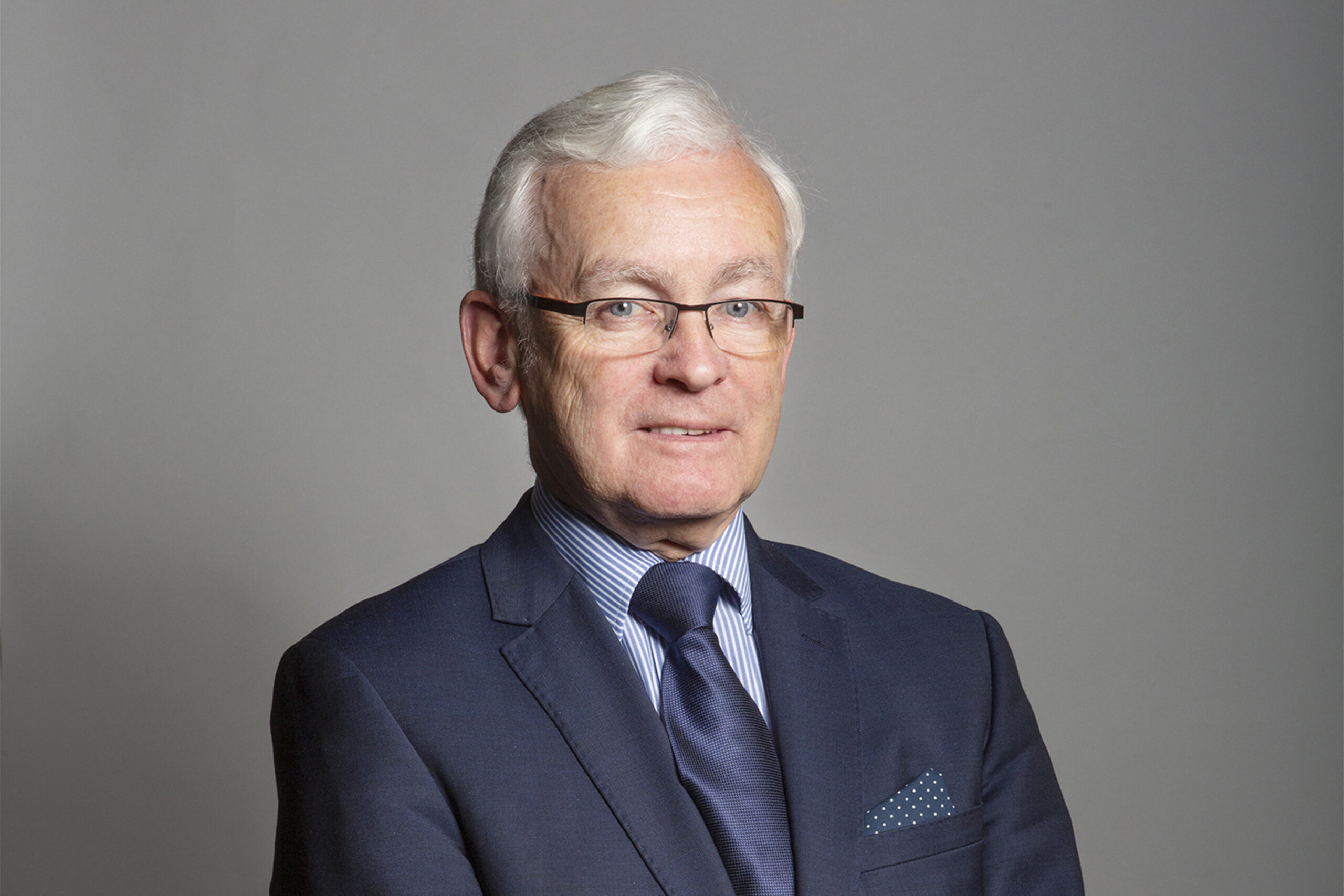A frequent complaint MPs hear from their constituents is that modern car headlights are far too bright, causing discomforting glare for motorists and potentially increasing accidents. While complaints are frequent, action by government has been sadly lacking, therefore, I decided to raise the matter in Parliament via a Westminster Hall debate.
I should give the Government a little credit here. While I was researching the issue and preparing my speech in the weeks before the debate, the Department for Transport announced an independent study into the problem, following a public petition, acknowledging that this was a matter that warranted investigation. Nevertheless, the debate provided an opportunity to probe the transport minister on his plans.
It is a statement of the obvious that vehicle headlights are crucial in enabling drivers to travel safely. However, over the last 20 years, vehicle lighting technology has changed rapidly, from halogen to LED. Dr John Lincoln of LightAware explains that, although the human eye can adapt to a wide range of light levels, from bright sunlight to almost total darkness, it cannot adapt in a short space of time. The Royal Society for the Prevention of Accidents states that “between the ages of 15 and 65, the time it takes to recover from glare increases from one to nine seconds.” When travelling at 30 mph, that equates to travelling 13 metres for a young person and 117 metres for someone aged around 65. At 60 mph, that equates to an older person travelling 229 metres with potentially devastating consequences.
An RAC study found that as many as 14% of drivers aged 65 or over find glare such a problem that they have stopped driving at night. This has two primary impacts. First, the individual is less able to get out and less flexible in making medical appointments or seeing friends, leading to increased social isolation. Secondly, it reduces the number of reports into the issue of headlight glare, making it appear to be less of an issue than it really is.
The issue of headlight glare is not a problem only reported in the UK. Studies across the USA and many European states have found the same. While this is a global issue, that does not mean it is one that the UK is powerless to tackle. We can, using our own laws and regulatory frameworks, introduce change. A group chaired by Baroness Hayter produced a report featuring contributions from drivers, light experts and consumer champions. They reviewed information from optometrists, medical experts and European specialists, as well as transport research, and made several recommendations to Government – a number of which I put to the minister directly in the debate.
I encouraged the transport minister to bring together car manufacturers, the lighting industry, eyecare professionals, neurologists, driving organisations and other interested parties to gain a broader understanding of the problem and its true causes. I urged the Department to use the findings of its study to develop a set of realistic safety standards for headlights and other vehicle lighting, and to outlaw those that do not meet the standards. I also argued that garages undertaking MOTs should be provided with guidance and training on how to recognise inappropriate after-market installation of LED bulbs and ensure that such cars fail their MOT. Finally, I encouraged the Government to work internationally to address the issue more widely.
In his response, the minister acknowledged that headlight glare is an issue he experiences himself and one he receives a significant amount of correspondence about from both MPs and constituents. He argued that the Department has done quite a lot of work in this area and noted the independent study that has been commissioned.
When this study has concluded, the Government will consider its findings and recommendations and the minister accepted my proposal that they then be shared within both UK and international lighting experts. Once this is published, the Government will be able to determine whether there need to be any changes to rules and regulations. I eagerly await the conclusion of this study and will continue to work with other parliamentarians, the industry, and the Department of Transport to bring about beneficial change for motorists.


